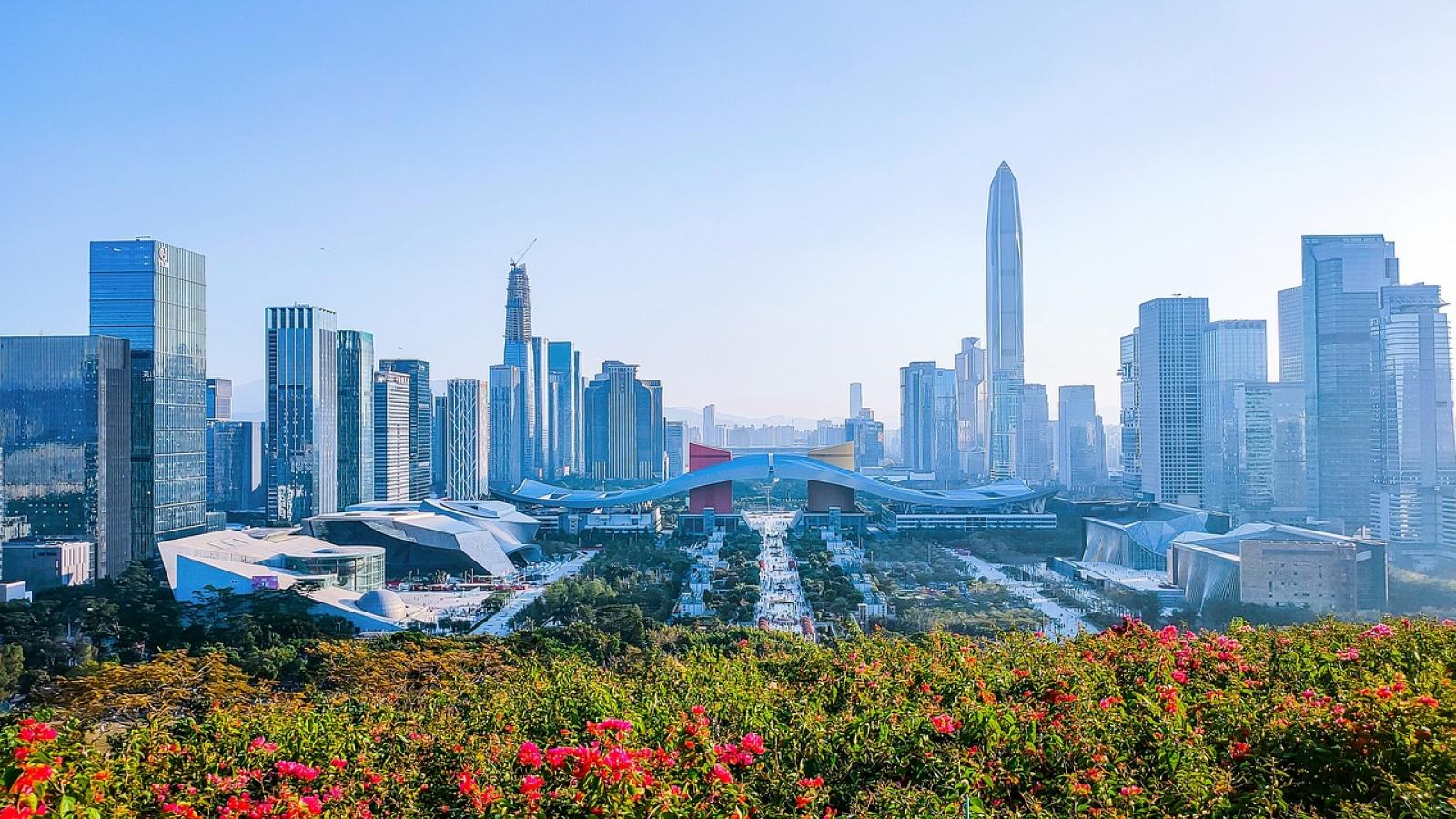Peer Exchange
UrbanShift Peer-to-Peer Exchange: Shenzhen Low Carbon City Forum
Targeting Asian cities, the event will discuss City-Business Cooperation in renewable energy, sustainable infrastructure, and the circular economy.
Cities from across Asia will participate in the Shenzhen International Low Carbon City Forum from October 28-30, 2024. This peer exchange, organized in collaboration with the city of Shenzhen and the Shenzhen International Low Carbon City Forum, will focus on City-Business Cooperation in renewable energy, sustainable infrastructure, and the circular economy. Participating cities will engage in discussions, site visits, and presentations to learn from Shenzhen’s expertise and explore innovative urban development solutions.
Participating cities include Shenzhen, Chengdu, Palembang and Hang Tuah Jaya among others.
Background on Shenzhen
Shenzhen, a modern city in southeastern China with over 12 million residents, has emerged as a leader in green industrial transformation over the past 40 years. It has promoted a circular, low-carbon transition in industries like steel, while phasing out low-end manufacturing.
At the forefront of environmental innovation, Shenzhen was the first city in China to launch a carbon trading system, working closely with businesses to meet emission reduction goals. It has pioneered tools like carbon bonds and pollution liability insurance, fostering strong government-business cooperation.
Shenzhen also leads in greening the construction sector, setting green building standards and energy conservation regulations. It now boasts the largest scale and density of green buildings in China, including green schools and eco-industrial parks.
Known for progressive environmental laws and regulations, many of which became national models, Shenzhen is a trailblazer in sustainable urban development, blending economic growth with environmental responsibility.
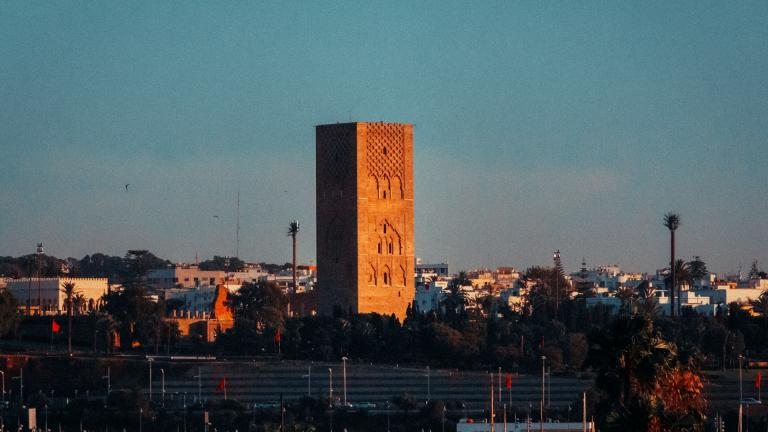
Second National-Local Dialogue for Morocco: From Vision to Local Action, Advancing the Circular Economy
Building on the first National-Local Dialogue, this convening offered an opportunity to deepen discussions around localizing circular economy principles across the country.
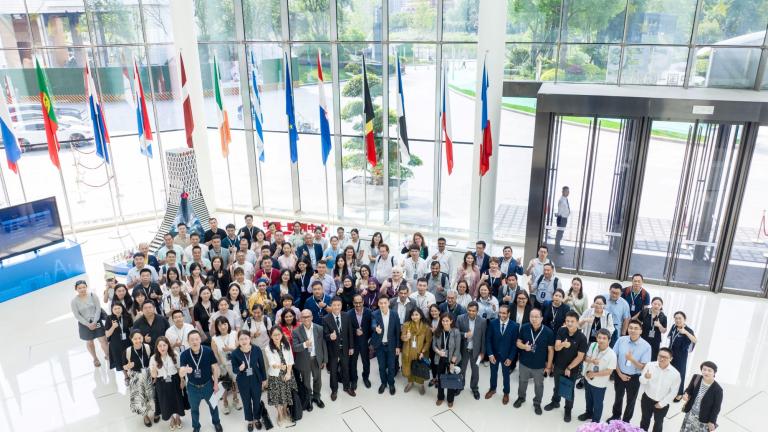
Empowering Cities to Shape Climate Goals: Lessons from the UrbanShift China City Academy
On 1-3 July 2025, the Academy brought together over 120 participants from cities in China, India, Malaysia, Mongolia, and the Philippines, alongside national government representatives.
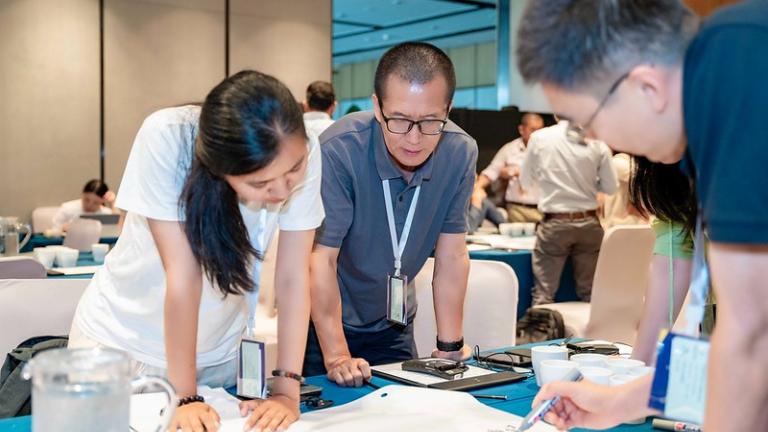
UrbanShift China City Academy
City officials engaged with regional and global experts to strengthen their knowledge and capacity to implement sustainable urban practices.
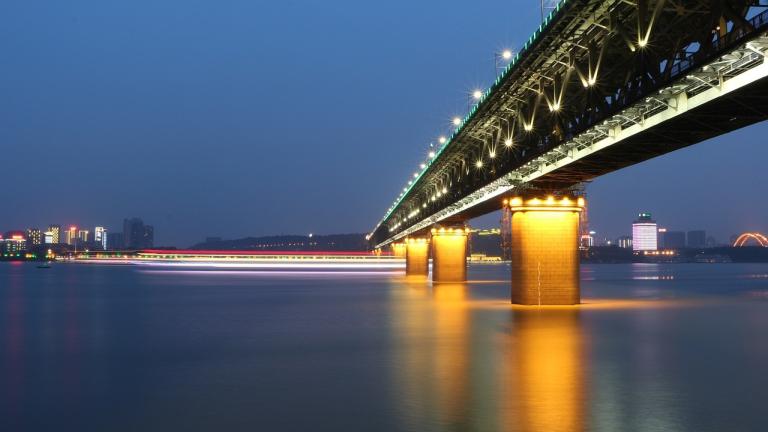
Second National Dialogue for China
The second China National-Local Dialogue (NLD) aims to deepen the conversation on low-emission and urban resilience and biodiversity, and assess progress made since the first Dialogue.
